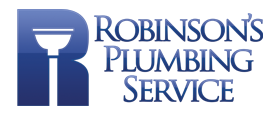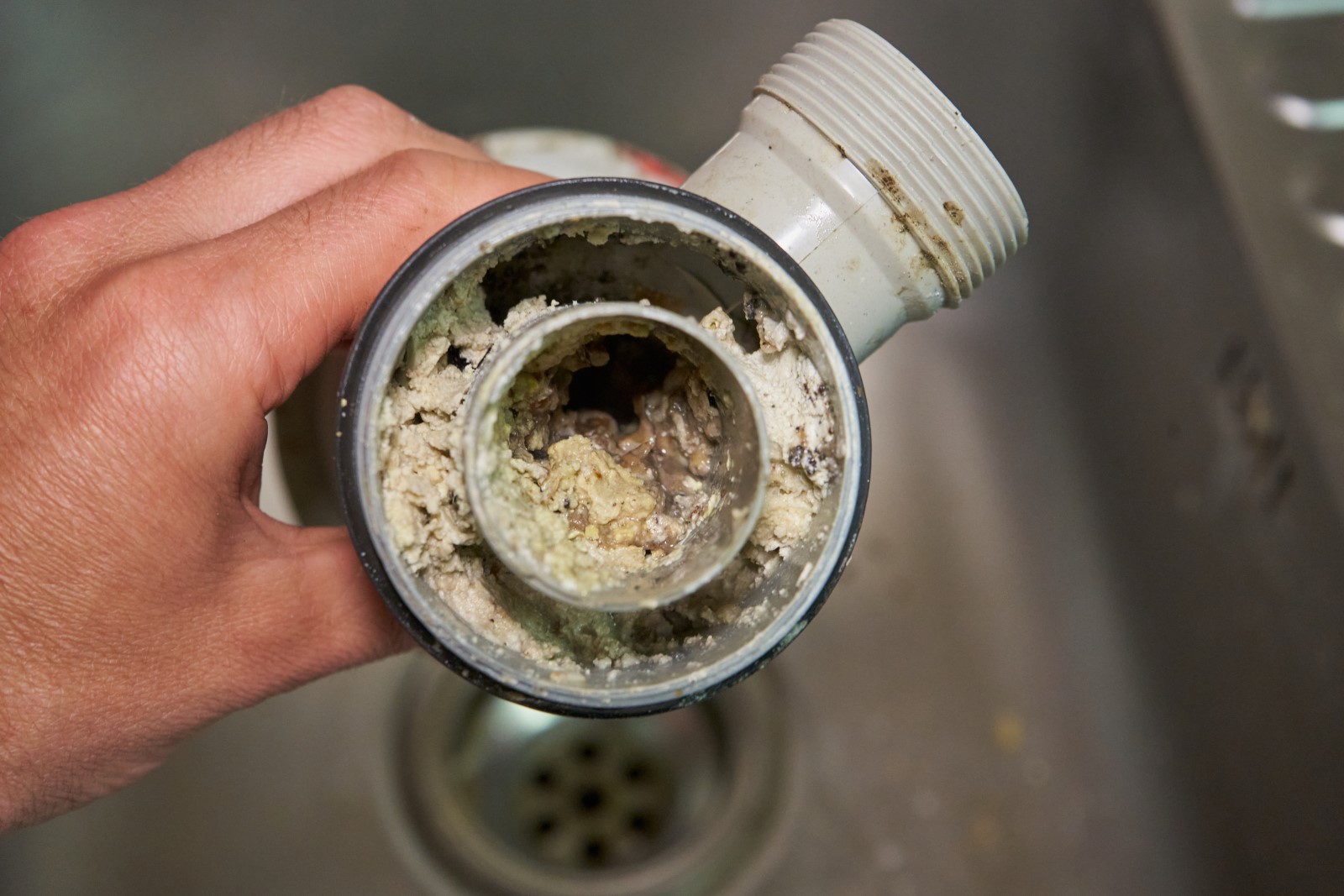When you’ve got a clogged drain, you might be tempted to reach for one of the brand-name drain cleaners to get the job done. However, did you know that drain cleaners often contain harmful, toxic chemicals that can present a real safety hazard to you, your pets, and your pipes if not used properly?
When cleaning a clogged drain without the help of a professional plumber, there’s a right way and a wrong way to go about it. Read on to discover seven essential drain cleaning tips to help unclog your drains safely and effectively.
Drain Cleaning Challenges
The biggest challenge you’ll face when trying to unclog your drain is that you’re not a plumber. While you may know how your drains work, you probably don’t have the expertise to determine if this is a minor or major plumbing issue.
However, that’s often not a problem. Most people will grab a bottle of drain cleaner and hope for the best. And in many situations, that will work just fine.
Here are a few drain-cleaning challenges to keep in mind:
Identifying the clog location: It can be challenging to determine exactly where the clog is located within your drain system, especially if it’s deep within your pipes.
Safety concerns: Drain cleaning chemicals are incredibly toxic and caustic if not appropriately handled. Splashback can and will occur unless you are very careful.
Potential for damage: There is a considerable potential for injury if you use drain cleaning chemicals or a plumbing snake. You could inadvertently create new problems unless you carefully read and follow the operating instructions.
Recurring clogs: Even after you’ve successfully fixed the clog, there is a possibility that it may reoccur if you don’t fix the underlying problem. Some of these underlying problems are deteriorated and cracked pipes that allow roots and the surrounding soil to enter the pipe causing stoppages. Even with a drain cleaning the problem will come back.
Disease potential: All sorts of bacteria and viruses live inside your drains. Take extra precautions to ensure you sanitize areas that drains and drain water has come into contact with.
BioOne Eco-Friendly Drain Maintainer
When it comes to liquid drain cleaners, Robinson’s Plumbing strongly recommends a product called BioOne—a highly effective, 100% natural drain line, septic, and grease trap maintainer.
It works by using 100% live microbes that immediately start to eat away and degrade the fats, oils, grease in your pipes.
When you apply it regularly after a drain or septic treatment, BioOne will help to maintain free-flowing drains, eliminate odors, and reduce the number of backups.
BioOne does not contain enzymes, emulsifiers, or caustic agents and is safer for people, pets, and pipes than many drain treatments on the market.
Drain Cleaning Safety Tips
Skin burns, blindness, and damage to your pipes are just some of the many negative consequences that can occur from improperly cleaning your drains.
Here are seven drain cleaning safety tips for your consideration:
- Read the labels/instructions: Regardless if you’re using a chemical drain cleaner or a plumbing snake, be sure to read the labels and carefully follow their instructions and take drain cleaner safety very seriously. Every product is unique, and some may require a different usage method.
- Wear protective clothing: Be sure to wear leather gloves, goggles, and clothing that you won’t mind getting dirty or damaged. Remove all jewelry, necklaces, and anything you don’t want drain cleaner to splash onto accidentally.
- Don’t combine multiple chemicals: You can create a highly hazardous situation when you combine two different drain cleaning chemicals. If you can’t unclog the drain the first time, call Robinson’s Plumbing Service for help.
- Know your pipes: While most over the counter drain cleaners are somewhat safe for pipes, they and others can damage older, deteriorated and plastic pipes.
- Drain snake safety precautions: If you’re using an electrically operated drain snake, follow all safety instructions. You’re working with an electrical device around water, which can create a huge potential for electric shock, electrocution and other severe physical harm.
- Beware of splashback: Splashback can occur if you’re not careful enough when pouring the chemical cleaners into the drain. The acids contained within can cause skin burns and even blindness. Be sure to wear appropriate protective clothing when using drain cleaning products.
- Toxic fume alert: Drain cleaning chemicals react to the drain water and can cause harmful and toxic fumes. These fumes have been attributed to breathing tract injuries and even death.
How to Clean a Clogged Drain
It can be very frustrating to clean a clogged drain. Most people buy a bottle of chemical drain cleaner, follow the instructions, and hope for the best.
Below are four drain cleaning tips to safely and effectively clean your clogged drain:
Identify the clog location: Knowing where the clog resides will allow you to determine the best method or tool to use.
Remove visible debris: If the clog is near the surface, you might be able to remove it with your hands or a tool. For example, if the bathtub drain seems clogged, try using a kitchen scrubbing brush to loosen and remove any debris on top of the metallic drain cover.
Use a plunger: Before you use a chemical drain cleaner, try using a standard vacuum or force cup plunger to unclog your drains. It’s much safer to use and often highly effective.
Chemical cleaner or drain snake: If the plunger method doesn’t work, you can also try a drain snake, but the cost of renting one and the hassle of using it might not be worth it.
When to Call in the Experts
If you can’t seem to unclog the drain or don’t want to deal with the trouble, consider calling a professional plumber. You’ll get peace of mind knowing they will safely and effectively resolve the problem.
There are several other instances when it’s time to call a plumber to help unclog your drains:
Multiple clogged drains: If you have several clogged drains, it could indicate a problem with your main sewer pipe. A licensed plumber will be able to evaluate, survey, diagnose and repair this issue.
Slow-draining water: If the water in your tub or sink is slow to drain, it could indicate a much deeper clog that chemical cleaners won’t be able to fix.
Gurgling sounds or bad smells: Sounds and smells could mean something else going on besides an easily fixable clogged drain.
Older plumbing system: If your home or business has an older plumbing system, it can be highly susceptible to an increased rate of clogs and other issues. It’s best to call a plumber so they can assess the situation and make recommendations to resolve it.
DIY methods aren’t working: If you’ve tried store-bought drain cleaners without success, it’s time to call a plumber. If you continue to use more and more chemicals, it can cause severe damage to your plumbing system.
Bottom line: If it didn’t work the first time around, you’re only wasting your money buying more.
Let Robinson’s Plumbing Service Unclog Your Drains
Drain cleaner safety is important. Robinson’s Plumbing can recommend effective, eco-friendly drain cleaning alternatives to harsh drain cleaners that are non-toxic and safe to use around children and pets.
Can’t unclog it? Call 804-794-0918 or click the button below to contact us today.

